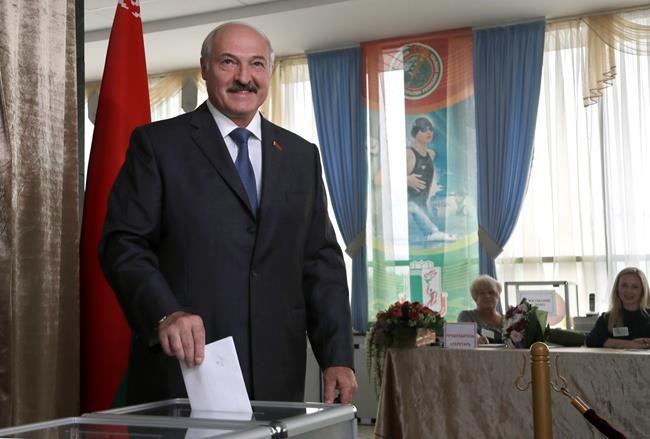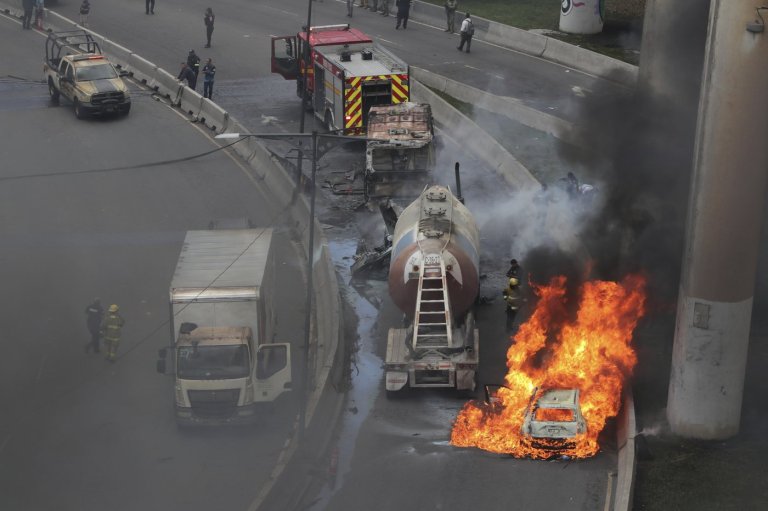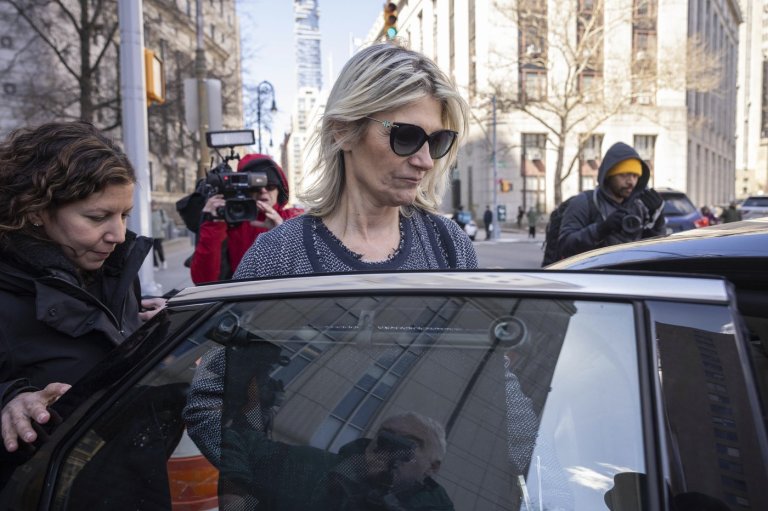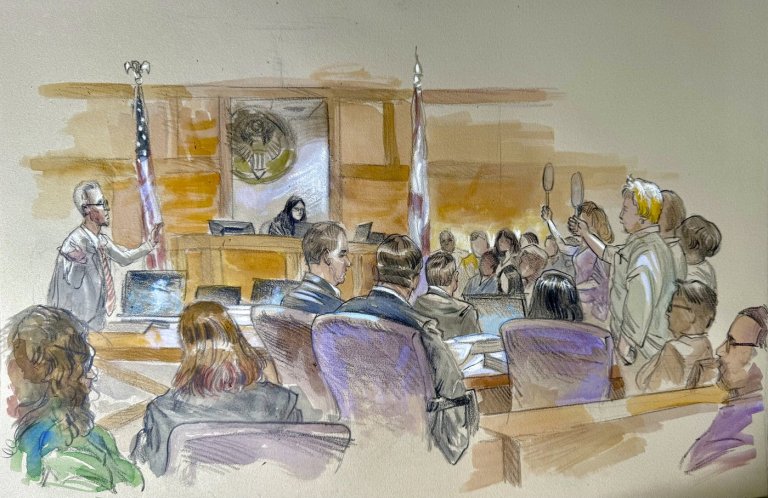
2 opposition candidates make it to Belarusian parliament
MINSK, Belarus – Two opposition candidates have won seats in the Belarusian parliament for the first time in 20 years, election authorities said Monday.
Figures released in the authoritarian former Soviet republic showed Anna Konopatskaya of the United Civic Party and Yelena Anisim, deputy head of the opposition-friendly Society of the Belarusian Language, had won seats in the 110-seat parliament.
Although all ballots were counted by Monday morning, the official result will not be announced later in the week.
“The country needs to take a breather,” Konopatskaya, who won a spot from a district in the capital Minsk, said. “We need more freedom for small- and medium-sized businesses as the economy is going down.”
The remaining seats in Sunday’s election with a 75 per cent turnout went to former government officials and managers from state-owned companies.
Western election monitors have not judged a single election in this country of 9.5 million to be free and fair in 20 years.
Observers from the Organization for Cooperation and Security in Europe in a statement released on Monday afternoon lauded the government’s “visible efforts” to make the vote more transparent but pointed to “systematic shortcoming.”
“It remains clear that Belarus still has some way to go to fulfil its democratic commitments,” Kent Harstedt, leader of the short-term OSCE observer mission in Belarus, said in the statement. “In the run-up to the elections, the authorities made a number of promises regarding the transparency of the process, on which they delivered partially, but insufficiently.”
The absence of scathing criticism in the OSCE assessment, typical for previous elections, could help President Alexander Lukashenko, who was re-elected last year, in his efforts steps toward rapprochement with the West as the country’s Soviet-style command economy has staggered in recent years.
Lukashenko is eager to shore up the economy with Western investment, and the country is seeking a $3 billion loan from the International Monetary Fund.
Belarus released all political prisoners last year, spurring the European Union to lift sanctions. The U.S. also suspended sanctions against some Belarusian enterprises, saying the issue of fully lifting them would be considered after a review of the elections to the lower house.
Critics say tight restrictions on campaigning and state control of the news media inhibit genuinely free elections in Belarus. There are also concerns that the state can manipulate the results through early balloting, since ballot boxes were left unguarded during the five days of early voting.
The country’s fragmented opposition has lambasted the election, saying the government did not let it set up a proper election-monitoring program.
“Authorities have built a democratic facade for the West without changing the essence of the system, which still aims to get a rubber-stamp parliament,” said opposition leader Yuras Gubarevich, who unsuccessfully ran for a seat.
The vote, however, did show that Lukashenko was somewhat relaxing his grip on Belarusian political life.
“There were no open repressions during this campaign,” Minsk-based analyst Alexander Klaskovsky said. “Opposition (figures) were not thrown in prison. This could be enough for rapprochement between Lukashenko and the West.”
Join the Conversation!
Want to share your thoughts, add context, or connect with others in your community?
You must be logged in to post a comment.


















